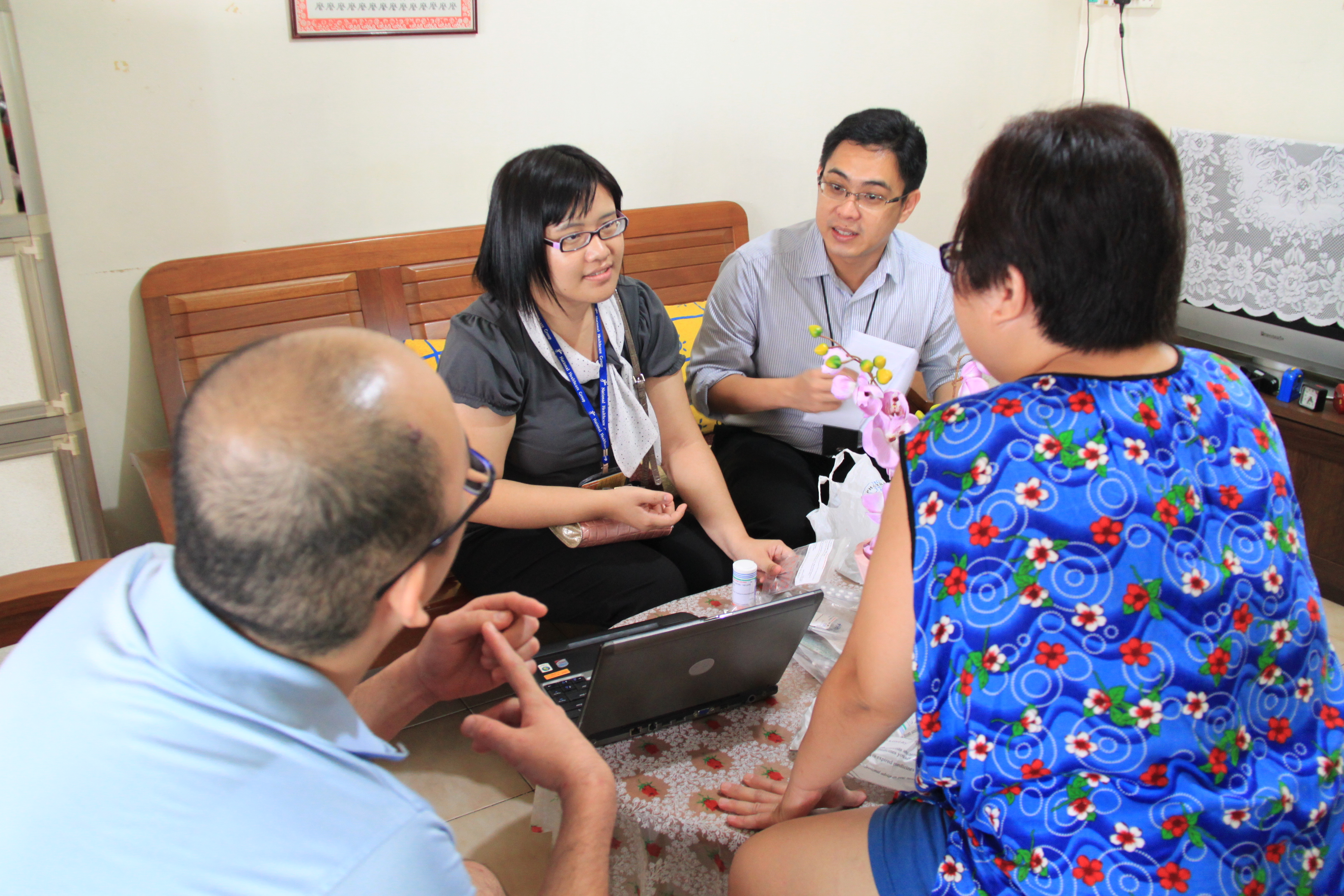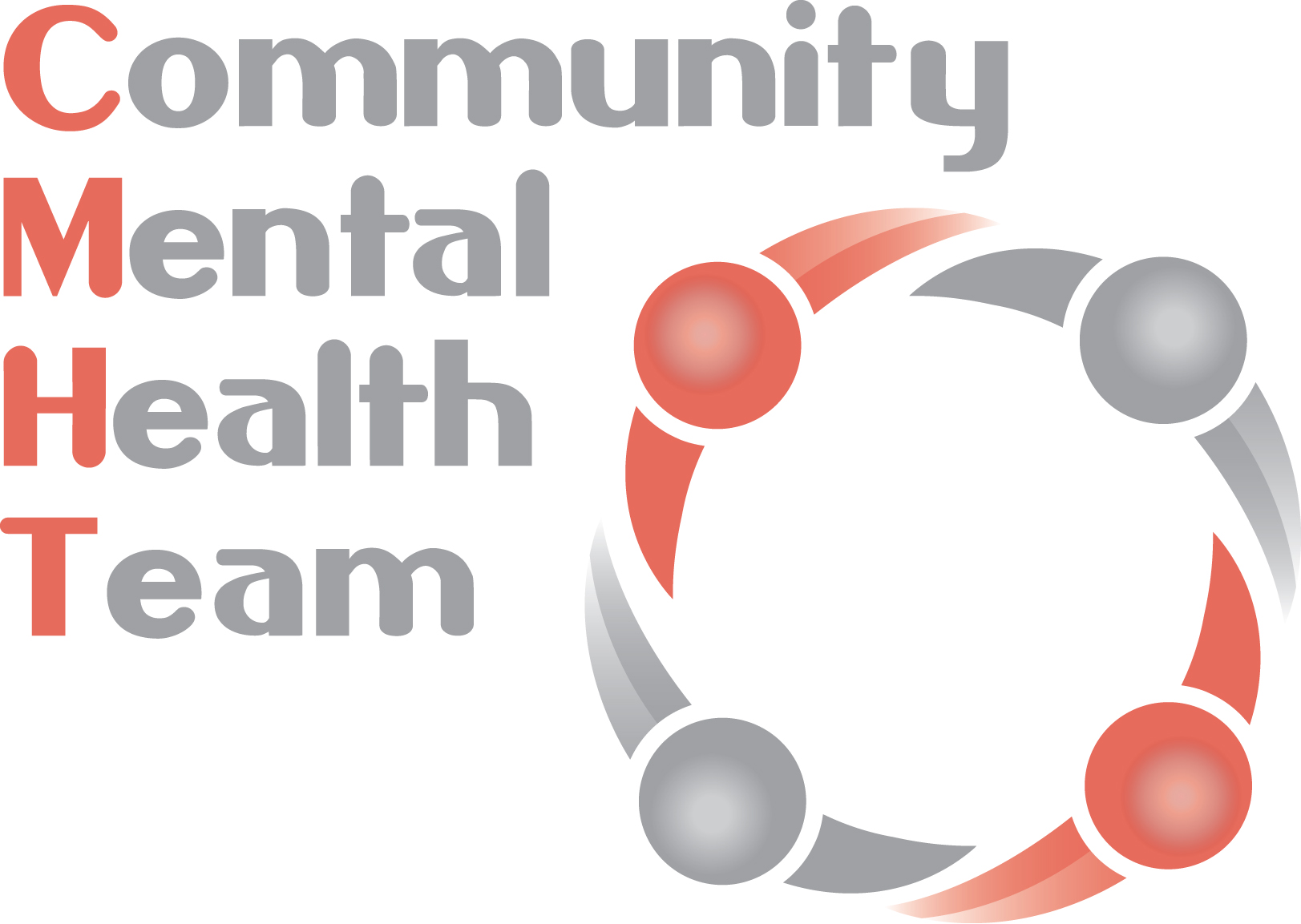The Adult Community Mental Health Team (CMHT) is funded by the Ministry of Health, under the National Mental Health Blueprint. The primary aim of the CMHT service is to maintain adult persons (18 to 65 years old) with mental illness in the community for as long as possible, thus reducing hospital readmissions and length of stay. The CMHT is a multidisciplinary team (consisting of psychiatrists, psychologists, occupational therapists, medical officers, medical social workers, community psychiatric nurses and counsellors). It provides the following services:


Assertive Care Management
(psycho-social rehabilitation of patients who are high users of inpatient services)
This team provides community-based treatment to IMH patients with severe and persistent psychiatric illnesses (such as schizophrenia, delusional disorder and manic-depressive psychosis), so that they may continue to live in the community whilst working towards recovery.
CMHT provides personalised service and the intensity of their visits will depend on the needs of each patient. The team is mobile and will, mostly, treat patients at their homes.
Standard Care Management (medication compliance and psycho-education)
Community Psychiatric Nursing Service
A team of Community Psychiatric Nurses seeks to provide continuity of care for discharged patients in their own homes. This team counsels patients to comply with their medication and provides psychological support to caregivers. During home visits, the Community Psychiatric Nurses assess the mental state of patients and observe for any therapeutic or side effects of medications. Any feedback received from the patients is shared with their caregivers to help them with their care management. This service is for patients of all age groups.
Networking
The CMHT supports our patients in the community by networking with the community partners, such as the Family Service Centres, police and Social Service Agencies, etc. The aims of the networking sessions are:
- To identify needs of IMH patients within the community
- To identify service gaps
- To support our community partners in co-managing our patients in the community
Referral
CMHT only accepts referrals from healthcare professionals. For enquiries, please email us at [email protected].